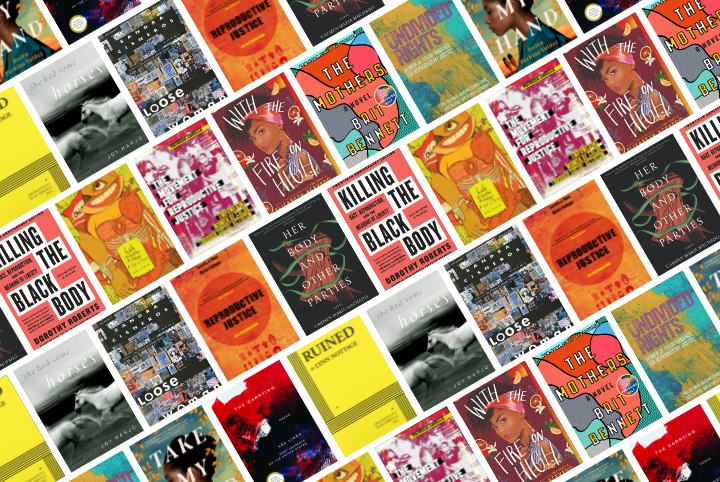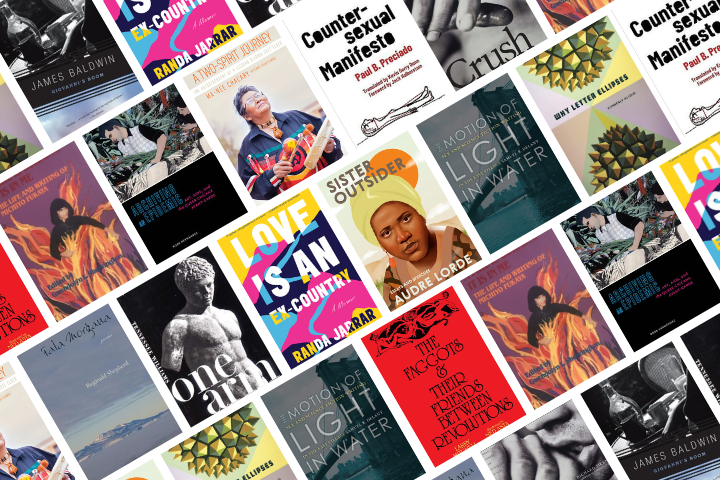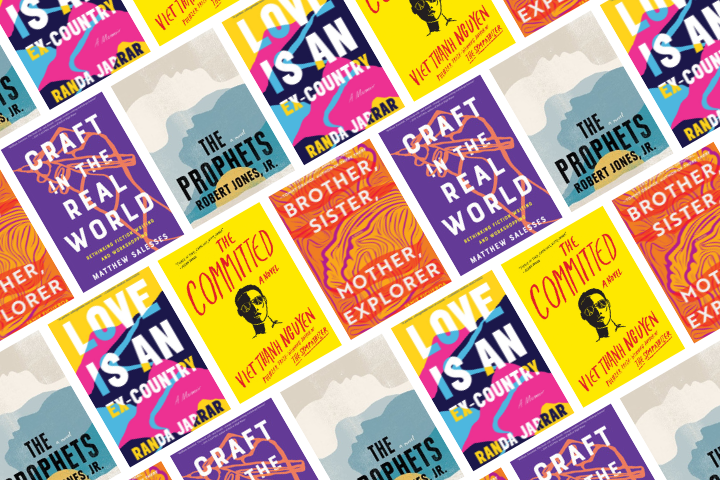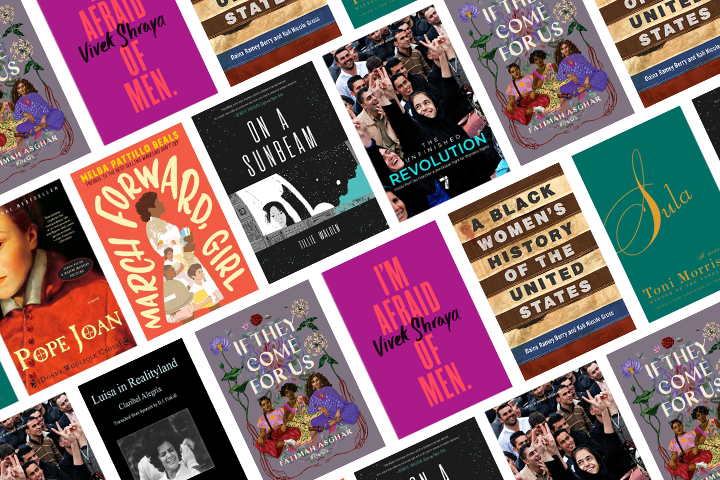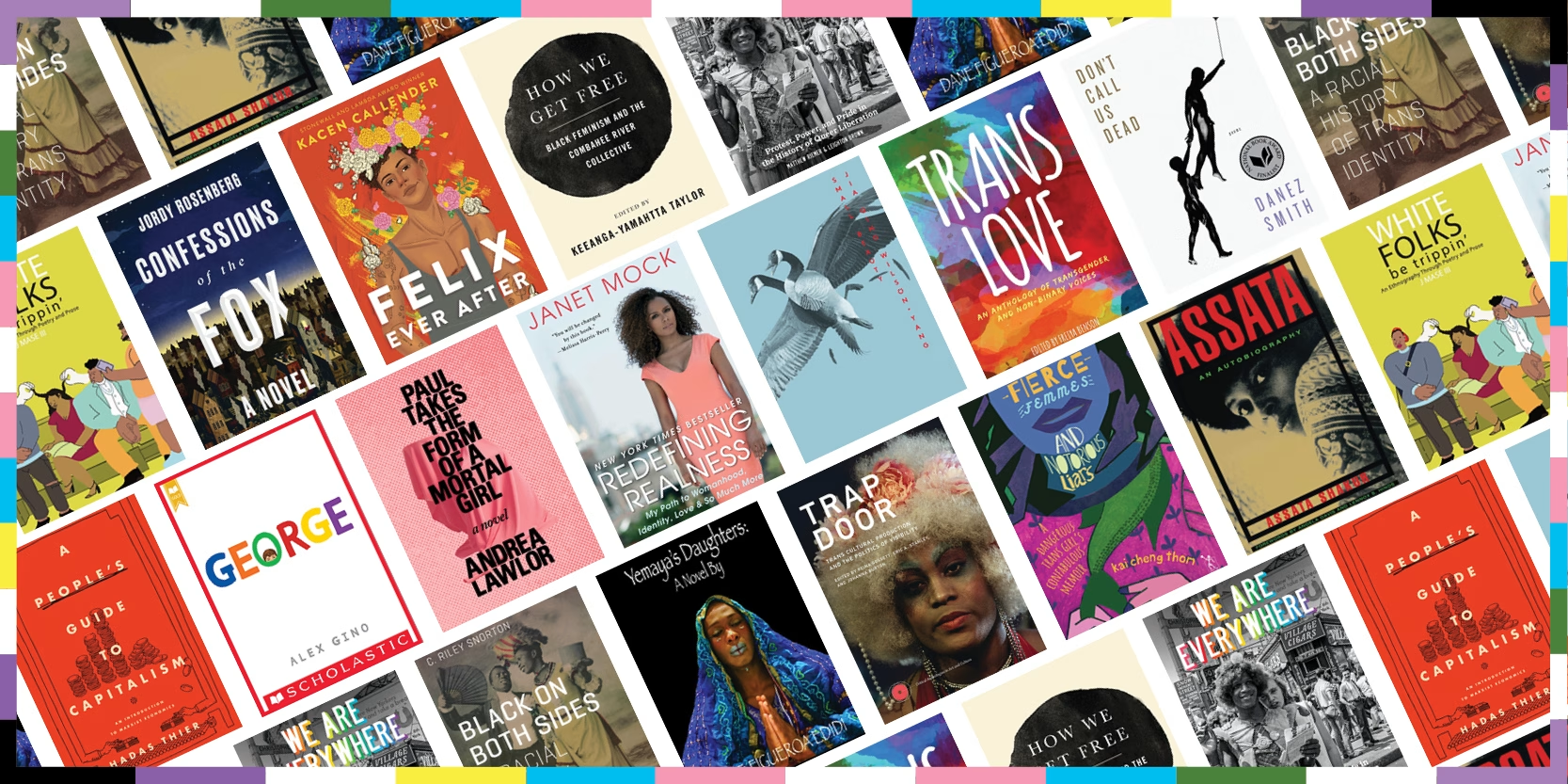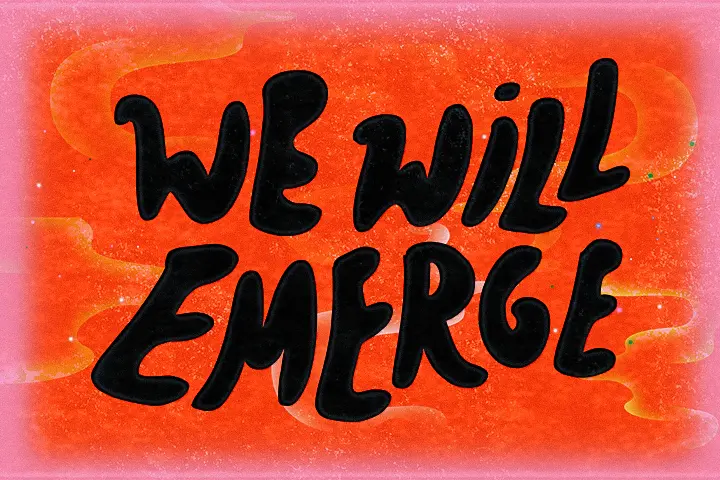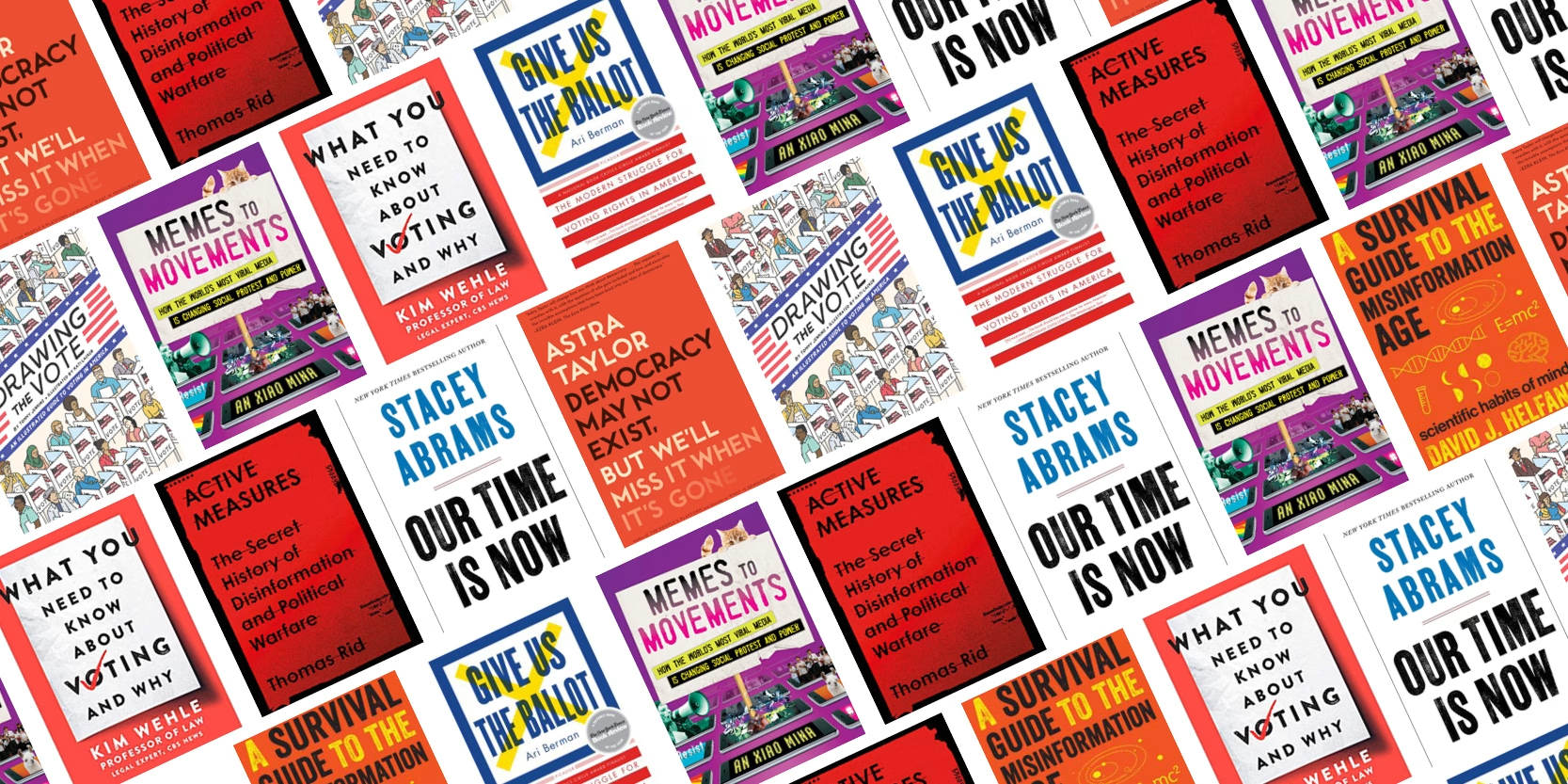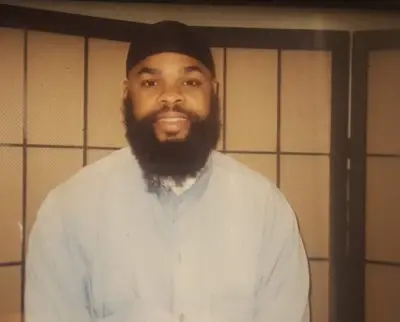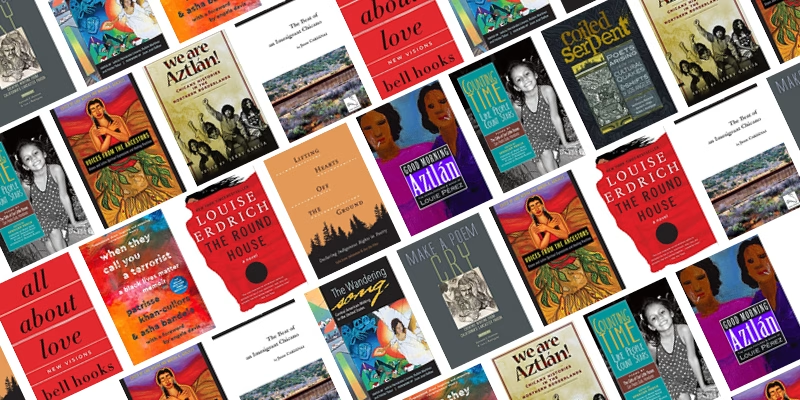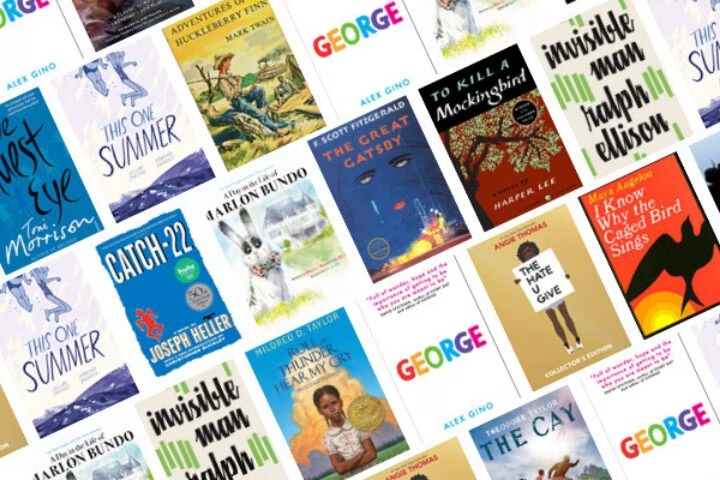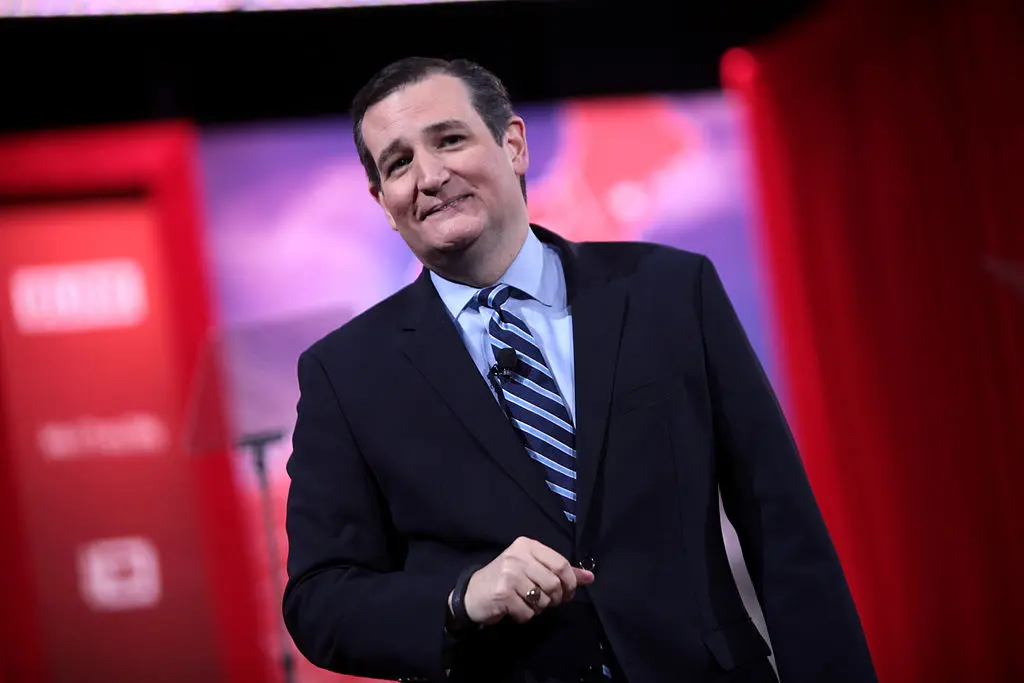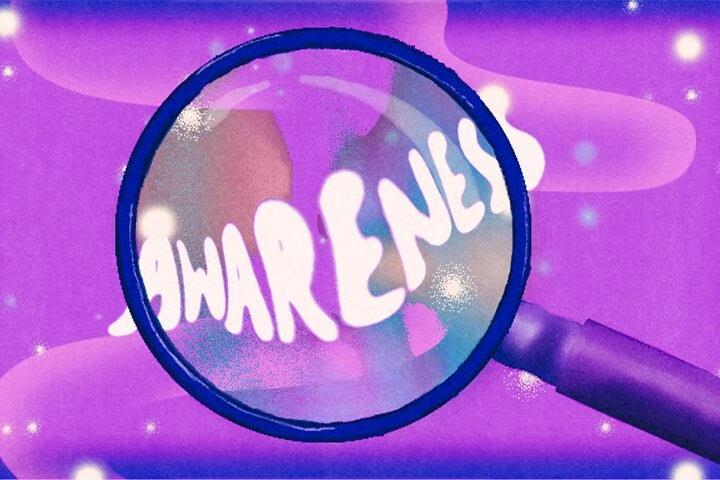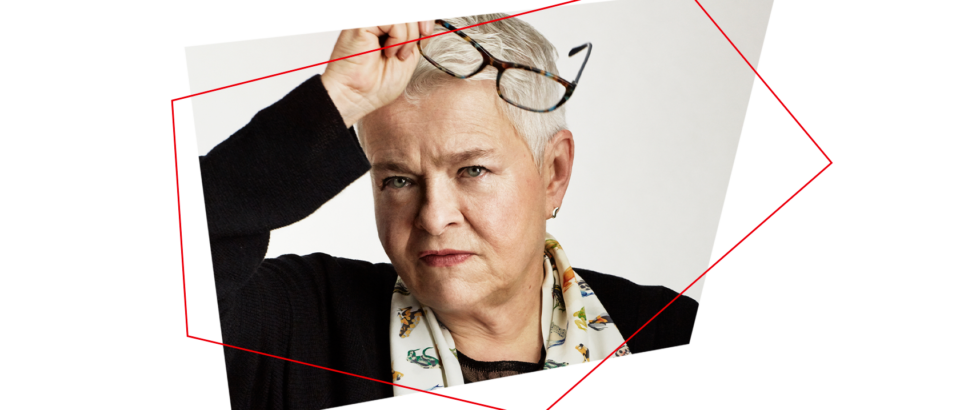
Photo illustration/guzman@foureleven
‘They’re trying to make history repeat itself, but they’re trying to have a different ending’
By Lisa Tolin
Paula Vogel was driving on Interstate 95 when she got word that a high school production of her play Indecent had been canceled.
The Pulitzer Prize-winning playwright watched a video on Instagram from a young actor in the play and told herself, “Look, you shouldn’t be watching this while driving.” Then she started crying.
Students at Douglas Anderson High School of the Arts in Duval County, Florida, had planned their production of Indecent 100 years to the day after the cast of the play that inspired it, Sholem Asch’s God of Vengeance, was arrested for obscenity.
God of Vengeance documented antisemitism and a relationship between two women, and was a success in Yiddish productions across Europe. After it came to Broadway in 1923, it was raided and shut down as obscene. Vogel said a kiss between two women was used “as a pretext for closing a Jewish play.”
Indecent had a better run on Broadway, earning a Tony nomination for best play in 2017. After the high school production was canceled, Vogel gathered her New York cast for a Zoom meeting, looking for a way to turn it into something positive. She released a statement and offered to speak to the school board, and has since recorded a podcast with some of the school’s actors. PEN America joined with other free expression groups in condemning the cancellation of Indecent.
In a conversation with PEN America, Vogel explained, “They’re trying to make history repeat itself, but they’re trying to have a different ending.”
Were you surprised when you heard your play had been shut down for “adult sexual themes?”
Yes, I was. I’m not in the business of politics, but whatever that board says in terms of statements that they’ve released about why they’re doing this, they’re putting sheep’s clothing over a wolf. And the wolf is Governor DeSantis. So the school board is saying, oh, this has nothing to do with the Don’t Say Gay bill. Right. Can I sell you a bridge?
What does surprise me is the courage of this high school student for speaking out and the courage of the students in that cast. The faculty and the administration have principally been silenced. I am fearing for their jobs. And if I were to take that long view back of Indecent – what was I saying about the God of Vengeance? – which is, censorship of the arts is always the first step towards totalitarianism, and ultimately, towards genocide.
Duval County has been at the center of other censorship battles that we’ve been tracking at PEN America. One thing we’ve found with book bans is that books containing any LGBTQ+ content are labeled as sexual when they are in fact not.
I think it is easier to be a hypocrite and say, the reason we’re closing this is that we’re scared of the mature sexual content. I’d like to point out that high schools do this play and there have been no incidents, and it’s up to the director and the students. If they don’t want to kiss on stage, then let them hug. I don’t police stage directions. I don’t police my script. And if a high school wants to produce one of my plays and change the F word to fudge, I don’t care.
That’s a false reason that’s put forward, the maturity of the material. The truth of the matter is my play, like Sholem Asch’s before me, wrote in a positive way about women falling in love. And it was seen as very pure and very innocent. So, yes, I think that this is an easier issue as a way to police the sexuality of their students and to say to gay, lesbian, bi, queer, and trans students, you’d better sit down in the back of the class and shut your mouth.
“I think that this is an easier issue as a way to police the sexuality of their students and to say to gay, lesbian, bi, queer, and trans students, you’d better sit down in the back of the class and shut your mouth.”
You mentioned that censorship is the first step toward totalitarianism. Why do you think that is?
I think a number of things. I think that it is to frighten writers and artists to not express what is happening in the present moment, that we all recognize that our heads could be next. Secondly, I think a lot of times politicians on the right think that art is a sissy boys’ occupation and they’re kicking sand in the face of what they think of as the 99-pound weakling on the beach. They think it’s an easy target. They think it’s low pickings. The world would be better if we only had football. But it’s very effective in sowing fear, because we’re public communicators. That fear is expressed to the community.
It’s interesting to think of it that way. It’s almost as if the stereotypical jock and the drama kid were taken out of school and made into our political system.
I do think that we as Americans have embraced sports as a kind of gladiatorial training. We are taught not to embrace art. It’s seen as not sufficiently American and masculine. … I think that we would be happy if we were all athletes. That is, if boys were all athletes and all girls would learn home economics again. I think that division is absolutely there, and I do think it’s a gender issue as well as an issue about, a kind of militarization of the young people. Let’s get into a group where you obey your coach. Yes, sir.
“Theater has always been a safe space for us as young adults in schools. That’s where we find each other.”
In your statement, you noted that you are particularly offended as an educator. What do you think this says to students?
I have to say that the thing that’s tormented me most has been the targeting of trans students in Texas and Florida. I just grieve for the emotional damage that Florida is doing to students. So, yeah, it hurts me deeply. My life was saved as a 15 year old when I walked into a high school drama class. So I always feel that I have a debt to pay to my school teachers, and I know how much I felt wounded at that age and needed help and support.
That is, I think, why theater communities feel so strongly about this issue. Theater has always been a safe space for us as young adults in schools. That’s where we find each other. Whatever form of outcast we feel we are in high school, however we feel marginalized, however we feel hatred – that’s also the age where we can internalize the hate that is expressed towards us. And that’s the damage – that these students are being told that they’re less than equal.
What would you like to tell students instead?
I would say, find a community. Stay close to your community that supports and loves you. Study hard, excel in what you love to do, and then get the hell out of Florida and Texas. And know that you are part of a larger community beyond the lines of your state. And of course, we have to coalesce, all of us, against racism, anti-Semitism, homophobia, anti-immigration, anti-democracy movements in this country. And we all have to vote.
This interview has been edited for length and clarity. Vogel is concerned with accessibility of theater to students, and has spent the last several years championing production of overlooked plays by writers from historically marginalized communities through her Bard at the Gate program. Video recordings are free to students.
Lisa Tolin is Editorial Director of PEN America. Her debut picture book is How to Be a Rock Star (Putnam, 2022).

